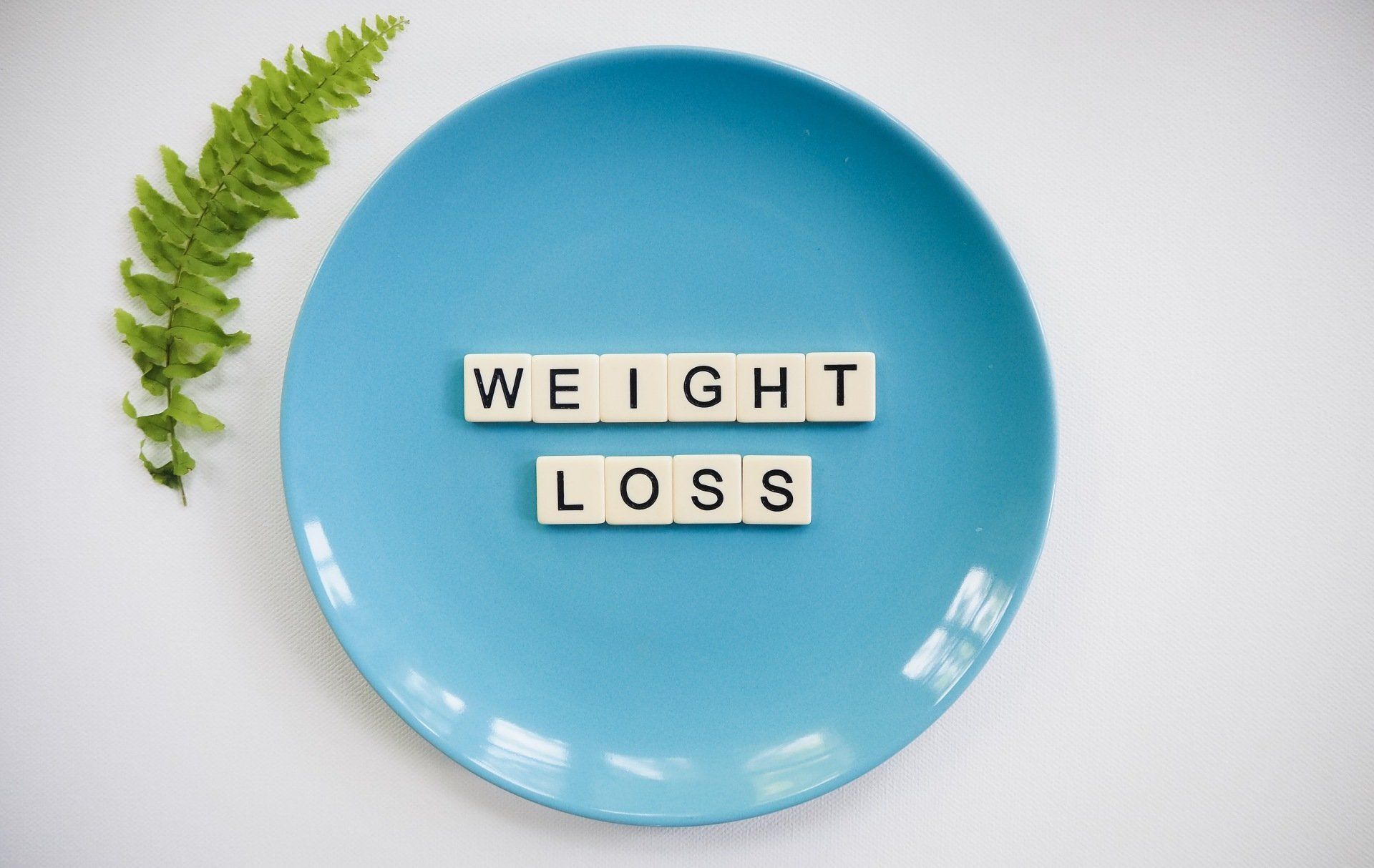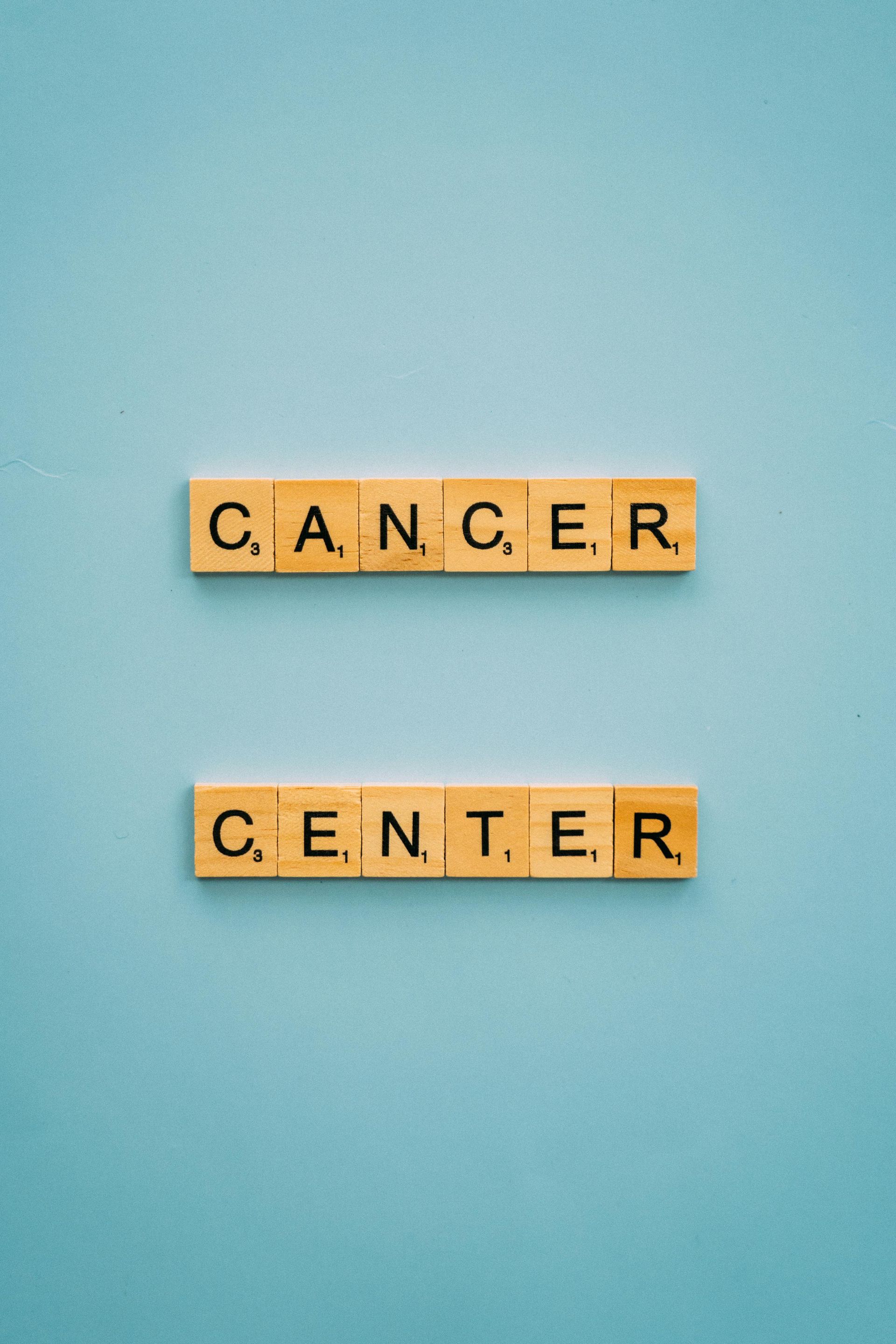When to worry about keto diet weight loss in cancer
Keto Diet weight loss – are we concerned?
The weight loss that we see when one goes on the keto diet, is often a cause for worry. Many well-meaning health providers (doctors, nurses, physician assistants, and nutritionists) become concerned when their patients on the keto diet begin losing weight. At this point, many would start advising the patients to increase their intake of carbohydrates. And more often than not, the weight loss accelerates, and more carbs are prescribed.
Here is a simple checklist
If you answer YES to most of these questions, chances are that you have nothing to worry about.
- Look at your food. Are you trying to be healthy? Is your diet now replaced by healthy food instead of carbohydrate-rich, proinflammatory meals? Are you missing junk food in your home?
You have already made the change to a healthier diet. Keep it up. Swapping healthy food like vegetables and fish, chicken meta, for high calorie, low nutrient food like cookies, pudding and ice cream, is certainly not the way to go.
- You are exercising. Naturally, this would make you lose weight. Your muscles feel firmer, and that fat band around your waist is missing. You are having healthy weight loss. Keto dieting will make you lose fat, not muscle.
- You feel good. Cancer weight loss is usually a terminal process. When the body can no longer fight cancer, chemical substances called cytokines are circulating in the body, breaking down even more protein and muscles. At this point, fat is no longer an issue. Feeling trim and slim sounds healthier than heavy and fatigued.
- Your body mass index is normal.
Why do doctors panic when a grossly overweight patient loses a hundred pounds? He is not only lighter, but his back pain is gone, and his sugars are better controlled? He is still overweight, by the way. The CDC Center for disease control lists the ideal body mass index as being anywhere within the range of 18 to 23. Most Americans are tipping the scales with a BMI of 26 and above.
Check the BMI calculator here.
- Your serum albumin is normal. This is a good measure of nutritional status. Terminal patients usually have serum albumin that is literally in the “dumps”- below 3 mg/dl
- Your blood chemistries are normal or close to normal. This is the blood testing that your doctor orders to see if your kidneys and liver are in working condition. If these tests are normal, then that is a sign that you are doing something right in terms of your diet.
- Your tumor is stable, or better. This is probably the ultimate goal of every diet and every chemotherapy plan. Diet planning should be part of our anti-cancer plan. A healthy, well-fed body can better help you fight cancer. A tumor that is no longer growing is always a good sign, isn’t it? Why stop?
The CACHEXIA SYNDROME
Cachexia is a terminal phase of cancer, and when seen in cancer patients, it can signal a poor prognosis. The good news is, it is not simply to weight loss that makes one a cachectic person. Several criteria need to be met before one can be classified as "cachectic. "
- weight loss of at least 5% within the past 12 months or less. or a body mass index of less than 20.
AND.....
2. weak muscle strength
3. fatigue
PLUS 3 of any of the following.... ABNORMAL BLOOD TESTS.
Check the markers of inflammation. CRP or C-reactive protein, ferritin, interleukin-6, are all blood tests that your doctor can order to see if you have active inflammation.
Check your hemoglobin levels. This is the "color" of your red blood cells. How red are they? The lower the number, the more "anemic " you are. Any Hemoglobin level less than 12 g/deciliter is considered "anemic"
Check your ALBUMIN. I already mentioned this before. a low serum level of albumin, one that is less than 3.2 grams per deciliter, is considered low.
So, if you don't fit these criteria, and you feel good, there is probably nothing to worry about.
Ask your doctor to help you understand what your weight loss is really all about. Weight loss can be bad, but it certainly can be healthy!






